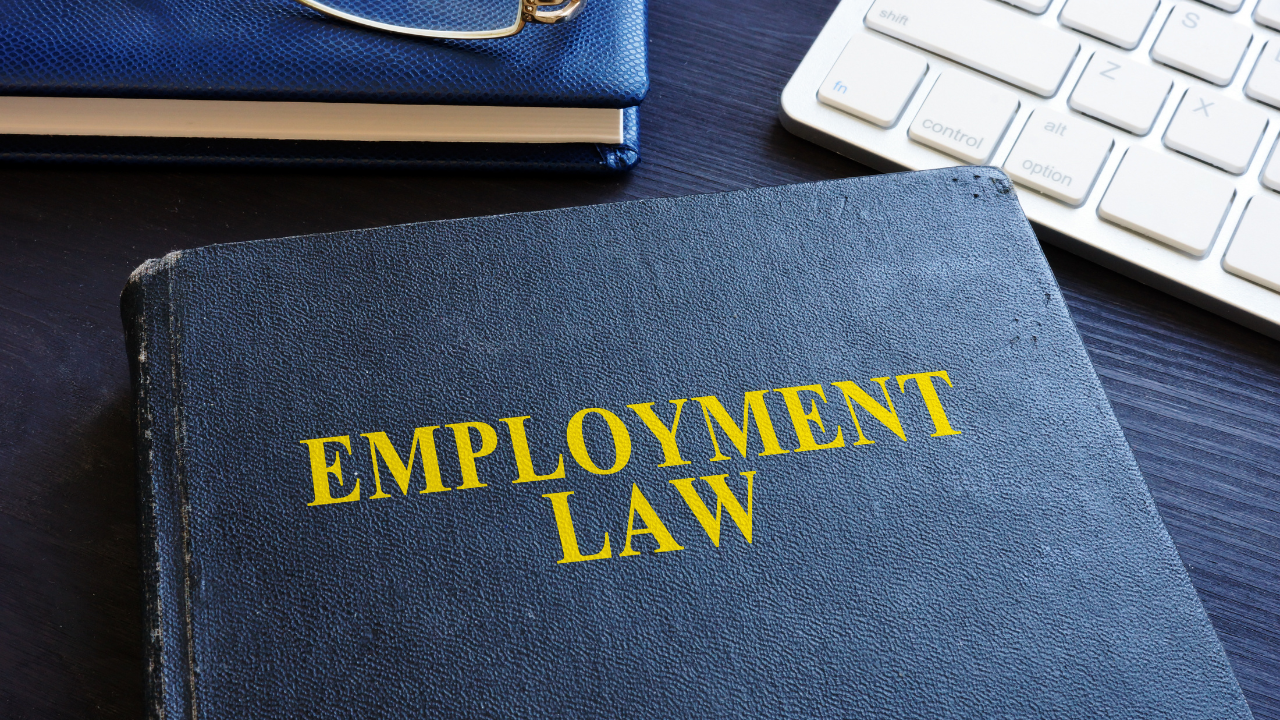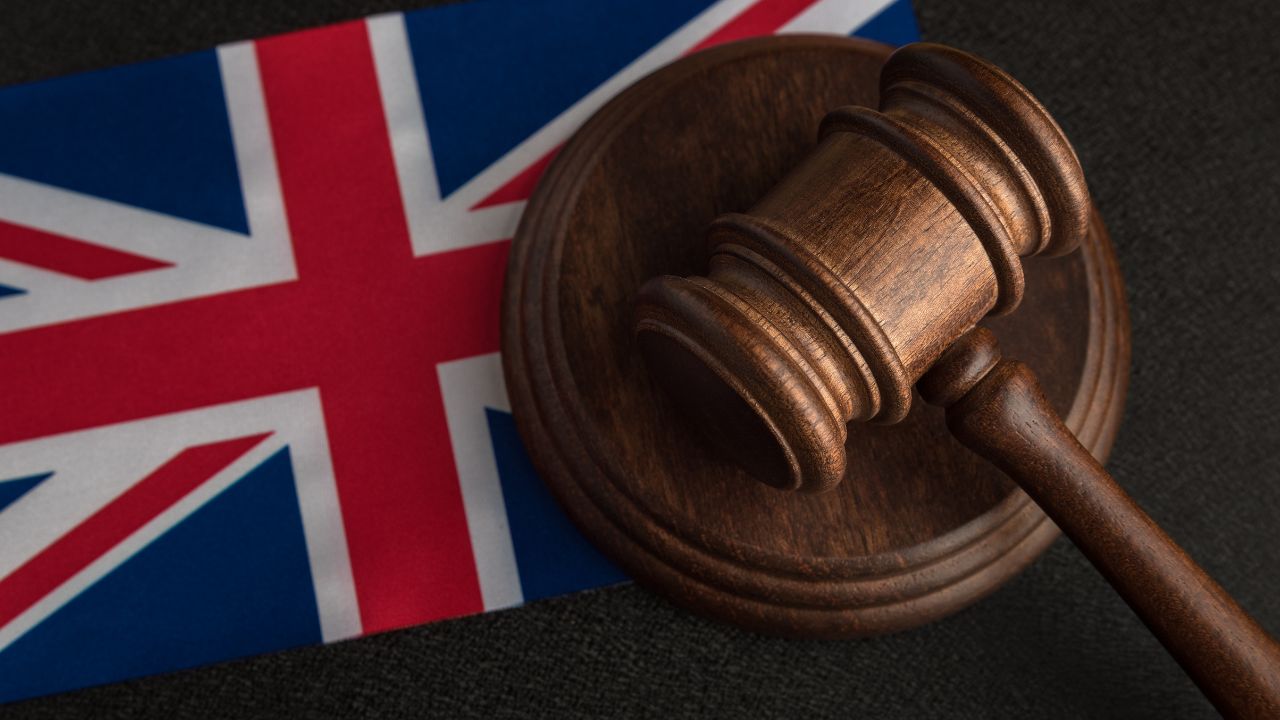When does an employer’s liability end?
An official and organised Christmas party is an extension of the workplace and the same rules apply. Even if the Christmas party is held away from the usual place of work, employers remain legally responsible for ensuring the event is safe and for minimising risks.
For example, an employee injured at a third-party location where the event is being hosted by no fault of their own, may have a claim for compensation against their employer. If the formal Christmas party is over, but senior management organises, in the spare of the moment, to continue drinking else were, Employers may still remain liable.
In Bellman v Northampton Recruitment Lt, the Managing Director arranged for taxis to another drinking location after the Christmas party had ended. An argument broke out resulting in a physical altercation between Mr Bellman and the Managing Director leaving Mr Bellman with serious brain damage. It was held that the Managing Director was a senior employee who had full control of his staff and the Company and therefore, the Company was liable, vicariously, for the injury.
How can employers avoid the legal hangover?
1. Plan ahead
There are many other religious holidays that occur in December, for example, Hanukkah and employers should try to avoid hosting events on these dates to ensure that all employees can attend, regardless of religion.
Many actions that occur at a Christmas party that result in problems for employers are often covered by policies contained with a staff handbook, such as discrimination, harassment, substance abuse. Therefore, employers should review their documentation to ensure that they are up to date.
2. Risk assessment
Risk assessments should include both the event and the event venue. The event venue should be examined for anything that may be risk to health and safety including unstable surfaces, loose wires and dangerous corners. As part of the risk assessment, employers may consider arranging transport to the event, providing the contact information of local taxi companies and to remind employees not to drink and drive.
3. Consider COVID-19
With the discovery of the new variant, Omicron, and the return of mandatory face masks, employers ought to consider whether it is still appropriate to host an in-person event. Factors employers could consider are the infection rates in their local area, where the event is being held and the number of attendees. For example, if an organisation is planning an evening meal, could this be rearranged to a late lunch? Should there be one event for the whole company, or can each department host their own?
Employers should re-iterate government guidelines and remind employees that if they display covid-19 symptoms they should arrange for a PCR test and self-isolate until they receive the results. Further, they may request employees to take and provide a negative lateral flow test in the 24 hours before the Christmas party.
4. Reminder of standards expected
Employers may want to remind their staff ahead of the Christmas party that the event is an extension of the workplace and that their behaviour should reflect this. There should be a clear stance on excessive alcohol consumption and the use of illegal drugs. In light of the #MeToo movement, it may be wise for organisations to remind their staff about appropriate behaviour and conduct which could be considered harassment.
The event itself is not the only time headaches can be caused. If hosted on a weeknight, Christmas parties may lead to an increased number of people calling in sick the following day. While the excuses provided can sometimes be elaborate, a hangover is not what sick leave is designed for. Staff should be made aware in advance of the Christmas party that calling in sick may be an act of misconduct and could lead to disciplinary action.
5. Be inclusive
An employer’s duty of care extends beyond how employees behave towards one another and health and safety. The duty is wide and covers issues such as discrimination, therefore employers should ensure that the venue is accessible for all, including disabled employees and that there is a range of food and drinks provided including vegan, vegetarian and non-alcoholic drinks.
What should an employer do if an employee acts inappropriately at the party?
Depending on the severity of the incident that occurs, it may be appropriate for the employee to face disciplinary action. As discussed above, conduct at a work-sponsored event is likely to fall within the “course of employment” and therefore can be treated as if the conduct was committed whilst at work. Employers who believe that disciplinary action is appropriate should ensure that they follow the ACAS code of conduct and, if applicable, their own disciplinary procedure often located in the Company’s staff handbook.
How can we assist?
Our expert employment Solicitors have experience drafting policies to protect employers and advising organisations who may have to take action against an employee who may have committed an act of misconduct or gross misconduct. Should you require police to be reviewed or drafted or want to discuss your concerns around hosting a Christmas party, our team can be contacted via email at contact@davenportsolicitors.com or by telephone at 02079036888.
















